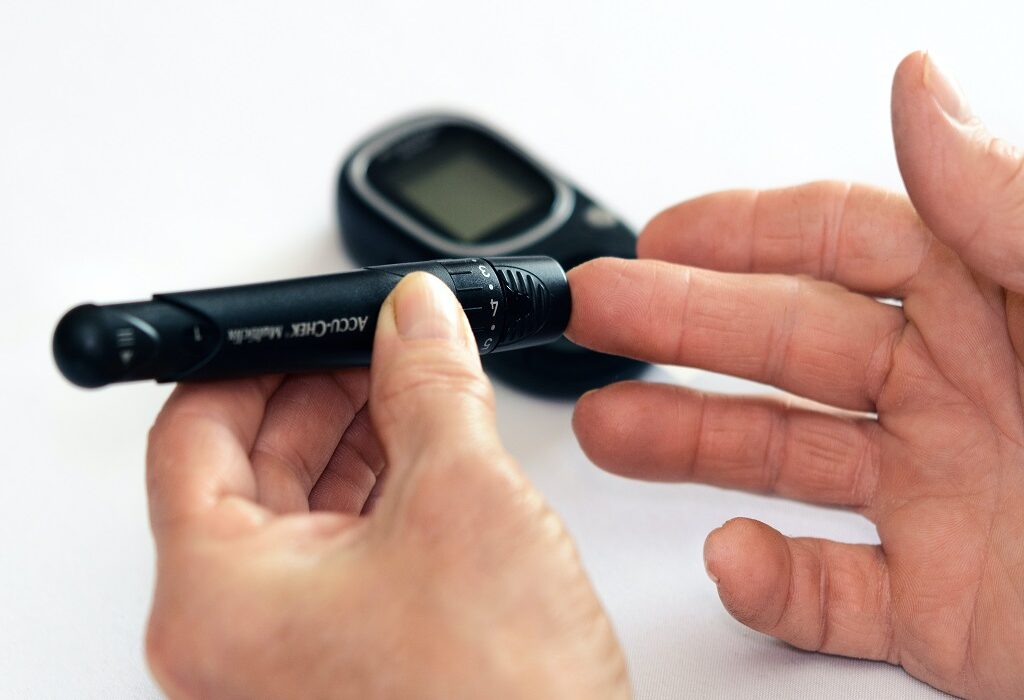Losing weight is a goal that most people strive towards. But weight control is crucial for people who have type 2 diabetes. Excess body fat increases insulin resistance, making it more difficult for the body to balance blood sugar levels.
The World Health Organization reports that 90 percent of people with type 2 diabetes are obese or overweight. Research shows that those who have a high body mass index (BMI) are more likely to develop type 2 diabetes. Losing weight is crucial to managing diabetes. Even a 10- to 15-pound weight loss can significantly improve one’s health and blood sugar levels. Here’s how to get started on a weight-loss journey:
Set Realistic, Achievable Goals
Losing weight is only part of the challenge—getting to and staying at a healthy weight is another. Although it may be tempting to lose weight quickly, extreme diets and exercise regimens are not sustainable. One should focus on making permanent changes to their lifestyle rather than quick fixes.
Instead of trying to transform the body at once, make small, realistic lifestyle changes. This includes having desserts only on weekends and walking around the block about four times a week. Once the habits have been developed, continue the weight-loss journey by setting new goals. However, it’s important to remember that setbacks are normal and that shouldn’t be demotivating.
Cut calories
Blood glucose levels rise when one consumes more calories and fat than needed. Eliminating excess calories from the diet is the best way to lose weight.
Working with a registered dietitian or diabetes educator is a good idea to create an eating plan that fits one’s tastes, lifestyle, and goals. A professional can help find the appropriate calorie intake for one’s body, which will ultimately help manage blood sugar levels.
Schedule All Meals
People who skip breakfast often overeat later in the day, which can cause blood sugar levels to fluctuate and sabotage weight loss plans. Eating a good and healthy breakfast can give one the required energy to stay active throughout the day.
Experts suggest that eating three meals at the same time each day helps people with diabetes use insulin better. A healthy breakfast should include fiber-rich carbohydrates, such as whole grains, fruits, and low-fat dairy products, to keep blood sugar levels in check. When buying packaged foods, one must always check their labels and avoid those that contain sugar.






